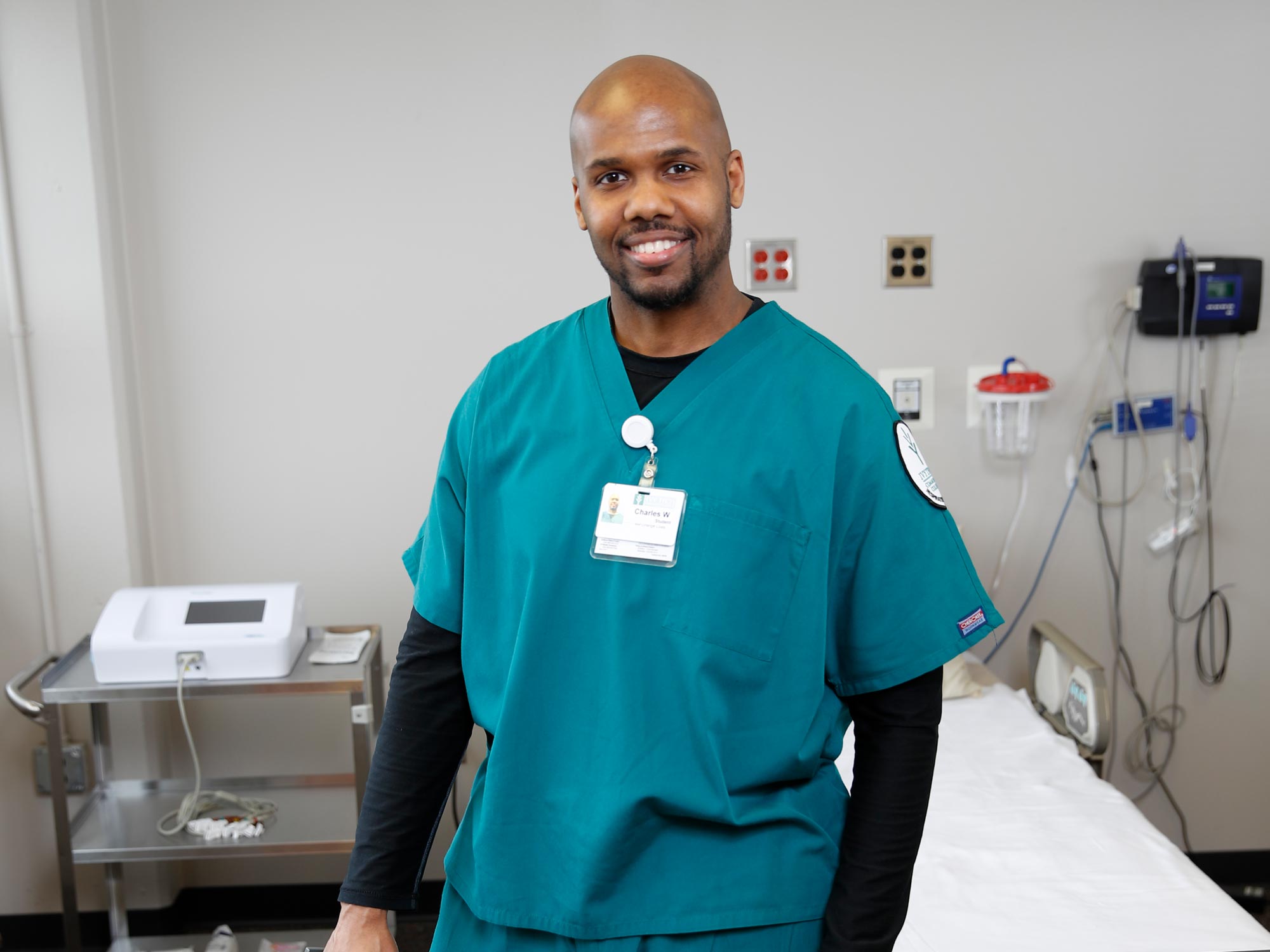Regional Northeast Medical Institute CNA Courses Near Me Stamford: Your Course to Qualification
Regional Northeast Medical Institute CNA Courses Near Me Stamford: Your Course to Qualification
Blog Article
Essential Factors to Think About When Picking the Many Suitable Medical School Educational Program for You
Picking the most fitting medical college curriculum is a critical decision that can substantially affect your academic trip and future occupation course. As aspiring clinical experts, the option of educational program must line up with your individual discovering style and job ambitions.
Personal Knowing Design

Clinical colleges that use varied training methods and resources can accommodate different learning styles, promoting a inclusive and vibrant academic setting. Ultimately, recognizing personal understanding preferences empowers trainees to make educated choices concerning their clinical education and learning, setting a solid structure for their future occupations in medical care.
Job Objectives Alignment

Additionally, straightening profession purposes with the clinical institution educational program can also enhance inspiration and engagement throughout the educational trip. They are much more likely to stay dedicated and focused to their research studies when pupils see the direct relevance of their coursework to their future job. As a result, when selecting a clinical college educational program, it is critical to thoroughly take into consideration how well it aligns with one's job goals to make certain an effective and satisfying expert path.
Mentor Methodologies
Thinking about the placement of occupation goals with the picked medical school educational program, an exam of the teaching methodologies utilized becomes critical in shaping the discovering experience. The effectiveness of a clinical college curriculum greatly counts on the teaching approaches used by the institution. Numerous teaching methods, such as talks, tiny group discussions, problem-based learning, simulation-based training, and hands-on professional experience, can considerably affect how well trainees maintain and realize info.
Simulation-based training permits pupils to exercise medical skills in a controlled atmosphere before communicating with actual clients. Hands-on scientific experience uses a firsthand understanding of person care and medical practices.
When choosing a medical school curriculum, aspiring students must consider the mentor methods employed to make sure that their understanding preferences and staminas line up with the educational technique of the organization.
Educational Program Adaptability
When assessing clinical institution programs, assessing the level of curriculum adaptability is necessary for possible index students seeking a customized academic experience. Curriculum versatility refers to the level to which students can individualize their discovering paths within the medical college curriculum. An educational program that provides adaptability enables trainees to pursue their passions, focus on areas where they require extra assistance, and participate in learning experiences that line up with their profession goals.

Prospective clinical pupils need to consider how a clinical school's curriculum flexibility aligns with their discovering choices, occupation desires, and personal goals. By selecting a program that supplies the appropriate equilibrium of framework and adaptability, pupils can enhance their academic experience and prepare themselves for successful careers in medicine.
Medical Direct Exposure Opportunities
Checking out the practical application of clinical understanding, medical direct exposure chances play an essential duty in shaping an extensive medical education. These opportunities offer pupils with important hands-on experience in real medical care settings, allowing them to bridge the gap between theory and method. When taking into consideration medical school curricula, the high quality and amount of professional direct exposure should next be very carefully reviewed.
Effective medical direct exposure should use a diverse array of experiences across numerous specializeds, guaranteeing that students are exposed to various clinical scenarios and person demographics. Direct exposure to outpatient centers, inpatient wards, medical theaters, and emergency situation divisions can help pupils establish an all-round understanding of various elements of medical care delivery. Furthermore, possibilities for community-based care and communications with underserved populaces can cultivate a deeper recognition for the social factors of health and wellness.
Moreover, the visibility of helpful faculty and mentors throughout these scientific experiences can substantially boost the understanding process. Faculty advice and constructive responses can aid pupils review their medical encounters, identify locations for enhancement, and boost their professional skills and decision-making capacities (Northeast Medical Institute CNA Classes Near me Stamford). Overall, robust clinical exposure opportunities are vital for preparing future medical professionals to provide quality patient care successfully
Final Thought
To conclude, when selecting a medical school curriculum, it is important to consider your personal learning style, positioning with profession objectives, teaching methods, educational program flexibility, and clinical direct exposure possibilities. These factors play an essential duty in figuring out the most appropriate program for your expert and instructional development. Make sure to thoroughly site here evaluate each element to make an educated decision that will best support your growth in the medical area.
Understanding one's personal discovering design is critical when choosing a clinical college curriculum. By determining one's discovering style early on, aspiring clinical trainees can tactically choose an educational program that caters to their toughness, eventually boosting their knowing experience and academic success.
When evaluating clinical school programs, analyzing the level of curriculum flexibility is essential for potential trainees seeking a customized educational experience. Educational program flexibility refers to the degree to which trainees can personalize their understanding courses within the clinical college educational program.In verdict, when choosing a medical school educational program, it is vital to consider your personal learning style, placement with occupation goals, instructing approaches, educational program adaptability, and clinical direct exposure opportunities.
Report this page